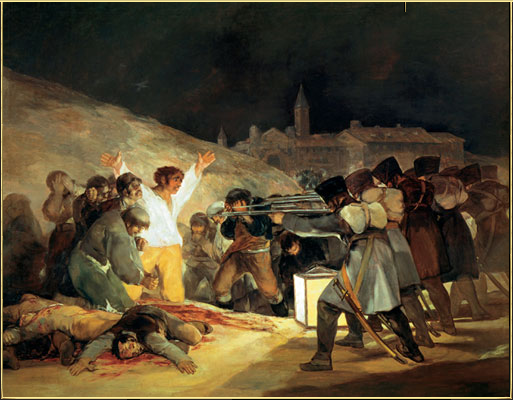Meh, I just think the forums are wierd in general. I've lost count of the number of people on here from the same area of England as me. Hell, even Palisadoes is from the same town 
Paradox certainly has a diverse fanbase, but seriously, I don't think I've even heard of a 15 year old even vaguely interested in history. 'cept me of course
Anyway, enough OT rubbish, when's the next update?
Paradox certainly has a diverse fanbase, but seriously, I don't think I've even heard of a 15 year old even vaguely interested in history. 'cept me of course
Anyway, enough OT rubbish, when's the next update?


